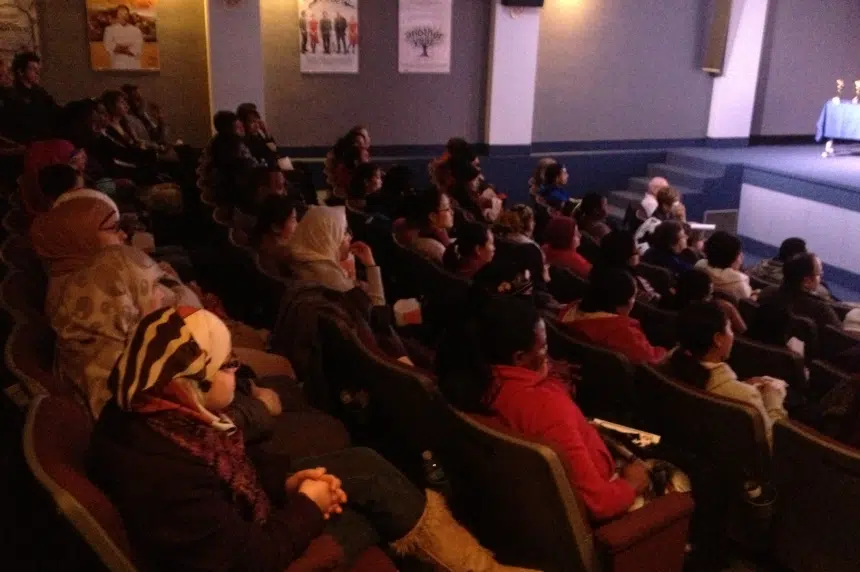It took over 200 letters – written mostly by rural women – and a petition signed by 10,000 people, but Saskatchewan gave women the vote on March 14, 1916 – the second province in Canada to do so.
Now a century later, there isn’t much cause to celebrate. Despite being one of the first provinces to give women the vote, Saskatchewan has yet to see a female premier. Only Lynda Haverstock has led a party, the Liberals, between 1989 and 1995.
Now in a new election, two constituencies – Lloydminster and Regina University – feature all-women candidates.
One of them, the Saskatchewan Party’s Tina Beaudry-Mellor, hopes the discussion can be broader than that.
“Hopefully in this election, we will be able to demonstrate our competency, leadership and skill and move the narrative beyond just being a female candidate.”
It is a sentiment echoed by the Liberal Party’s Silvia Volodko who hopes that voters see more than just the fact there are four women to choose from.
“Yes we might do things differently but we do it just as well if not better. We can be inspiring leaders and we should inspire the women that come after us.”
The NDP’s Aleana Young hopes a new generation of women see that inspiration and are fueled by it.
She maintains whether it be in politics or any other field, there is more to do.
“I think we have made great strides as women but we still have fairly far to go,” she explained. “I have still sat in meetings, in a roomful of men and sat there thinking, ‘oh I am probably wrong,’ and then beating myself up, walking out of the meeting after some middle-aged man says exactly what I was thinking and gets kudos for it.”
In a news release, the NDP celebrated what it calls its most diverse team; 45 per cent of the candidates are women.
If the narrative can be anything, Beaudry-Mellor hopes it can be about what women bring to the table, the work they do and what can be achieved.
“What matters is how well we listen to people, how well we reach our constituents, how well we translate those concerns back to our party structures,” she maintained. “Quite frankly, how seriously our own party members take us in terms of being thoughtful contributors to the public discourse and hard workers in terms of reaching out to our constituents.”
As the writ was dropped, just 19 per cent of the seats in the Saskatchewan legislature were held by women.











